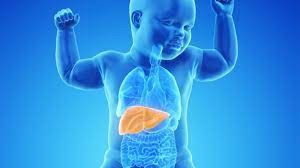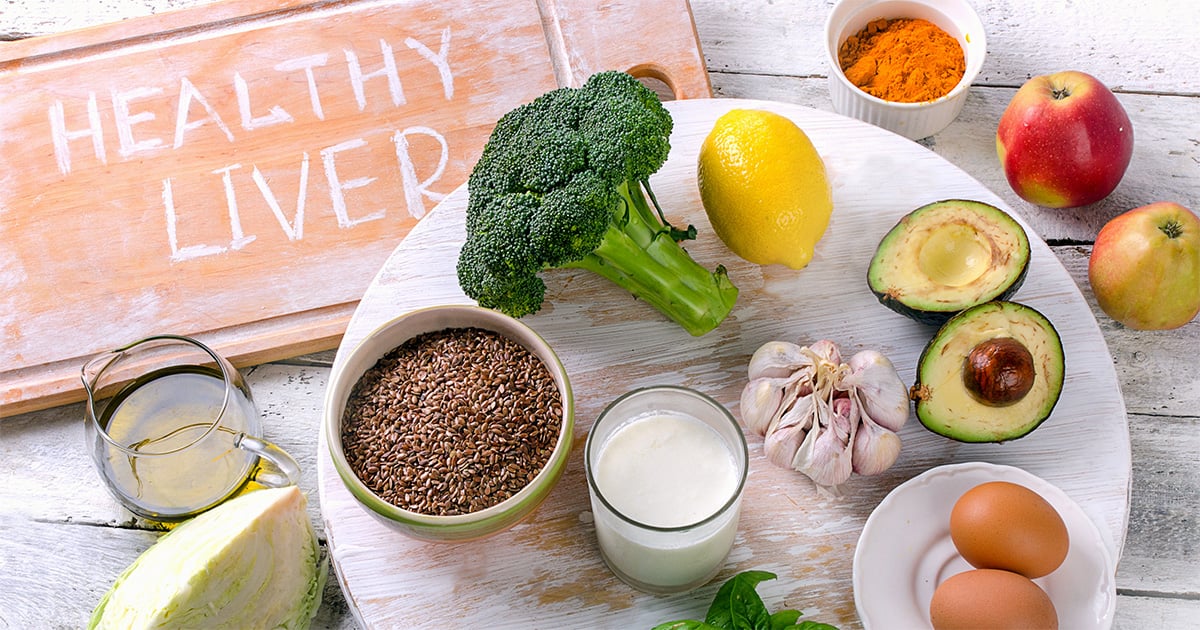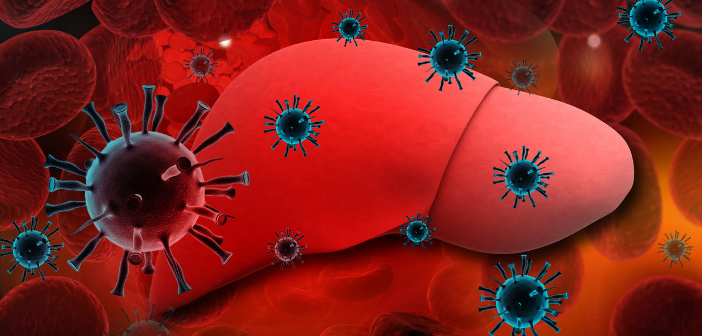
The Covid-19 pandemic has devastated human life and human psyche. Recovery from the wounds, both physical and psychological, will take a long time. Liver and gastrointestinal tract are not unaffected from the virus and Covid-19 affects virtually all organs. Many patients present with complaints of nausea, vomiting, diarrhoea, weakness and lethargy without the classic symptoms of fever, cough and cold. In these times ignoring such symptoms, especially if coupled with fever or when you have been exposed to Covid positive patients, can be very damaging.
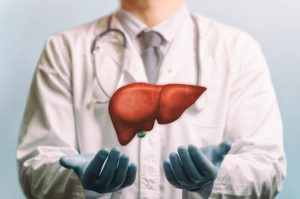
I will elaborate on various groups of patients with different clinical backgrounds and what to expect for each subset of patients.
No prior liver disease with Covid infection
Many patients of Covid may have deranged liver enzymes. AST(SGOT) may be elevated more than others. Typically, these subside after the covid infection is resolved. There is no specific medication needed for the “liver” separately. However, a few precautions must be observed. Alcohol and tobacco intake in any form should be avoided if you have elevated liver enzymes. (SGPT, SGOT or Bilirubin). Fatty food and carbonated drinks should be avoided. Continue your Covid medications as advised by your doctor, there is no need to panic. If the severity of your covid infection is moderate to high, it is much more likely to affect your liver. But the liver has innate strength to recover once the infection is under control and other inflammatory markers like D-dimer, IL6 etc start to come down. So patience is the key and the liver is likely to recover.
Chronic Liver Disease with Covid infection
In the situation where patients already have chronic liver disease, it is far more likely that the liver enzymes will go up much more. If you are taking medications for Hepatitis B or Hepatitis C or any other pre-existing liver condition, please do not stop your medications. Alcohol, fatty foods, carbonated drinks, and tobacco in any form must be strictly avoided. Immunity in chronic liver disease patients is low and hence chances of secondary infections are high. It is best not to expose yourself to other sick persons, sick children or outside food to avoid stomach infections. If your disease is progressing, you should promptly choose to be treated in a hospital rather than risk it at home. A liver disease specialist can monitor you along with treatment for corona. It is very important for chronic liver disease patients to opt for hospital management if their inflammatory markers are elevated and there are typical findings on CT chest for corona.
Post Liver/Kidney transplant Patients
This is the most vulnerable group especially if they have undergone transplant recently. This is because they are on immunosuppression which means their immunity is suppressed. SARS-Cov2 infection has significantly impacted transplant recipients, with high morbidity and mortality (5-35%). It is best that after transplant, liver and kidney recipients should isolate themselves completely in this pandemic. Some studies have shown that immune response after exposure to Covid is far less in transplant recipients as compared to normal population. This means they develop lesser amounts of antibodies if exposed to virus. Hence following Covid appropriate behavior is paramount. It is best to remain under constant supervision of the transplant unit as the symptoms may be very subtle or may be confusing with other post-transplant infections or conditions. Continuous and close monitoring is the key especially in the first 3-6 months post-transplant. Covid appropriate behaviour must be observed at all times post-transplant. If you get the infection, it is best to be under direct care of the transplant team and be treated at a hospital.
Vaccination in liver/kidney recipients
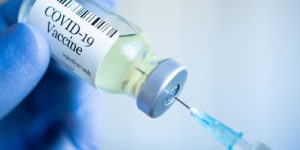
There are two scenarios. One, patients have already undergone transplant. In this case, vaccination can be considered after 1-6 months of transplant depending on the transplant unit protocol. All caretakers of the patient can be vaccinated at the earliest. Exposure must be minimized. Whatever consultation can be achieved online should be done online.
Two, patients are about to undergo transplant. Some centers advice a complete vaccination before transplant. This strategy is good for stable patients who can wait for transplant procedure. Some other centers start the vaccination 1-6 months after transplant as above.
As per NOTTO( National Organ and Tissue Transplant Organization) guidelines(https://www.notto.gov.in/WriteReadData/Portal/News/763_1_ARTICLE_-_website.pdf): “Transplant recipients scheduled for transplantation, should be given vaccine two weeks prior to surgery or one to six months posttransplant. Even after vaccination, COVID-19 appropriate behaviour like wearing face mask, hand hygiene, cough etiquettes and social distancing should be continued by all recipients. Transplant recipients who have previous COVID-19 infection and or, have antibodies against COVID-19 are also required to be vaccinated. Transplant recipients should undergo entire schedule of vaccination with only one type of vaccine and different COVID-19 vaccines should not be used in the same patient. In case, a transplant recipient misses the second dose of COVID-19 vaccine at scheduled time, then the second dose is to be given as early as possible. Revaccination is not required.”
Overall, we must recognize that prevention is better than cure. We must not panic and follow guidelines issued by competent bodies and doctors. Never self-medicate, seek advice from multiple doctors, or trust social media advice. Follow your doctor’s advice, regularly do steam inhalation and warm saline gargles, and take medications regularly. Healthy nutritious diet, exercise as tolerated and breathing exercises are a universal panacea. Responsible social behavior and taking care of yourself and family members are not clichés anymore, they are key for survival!
For online Consultation : https://bit.ly/3dnR4BC
#liverdiseaseincovid #transplantinCovid #livertransplantlucknow #covidvaccineintransplant

